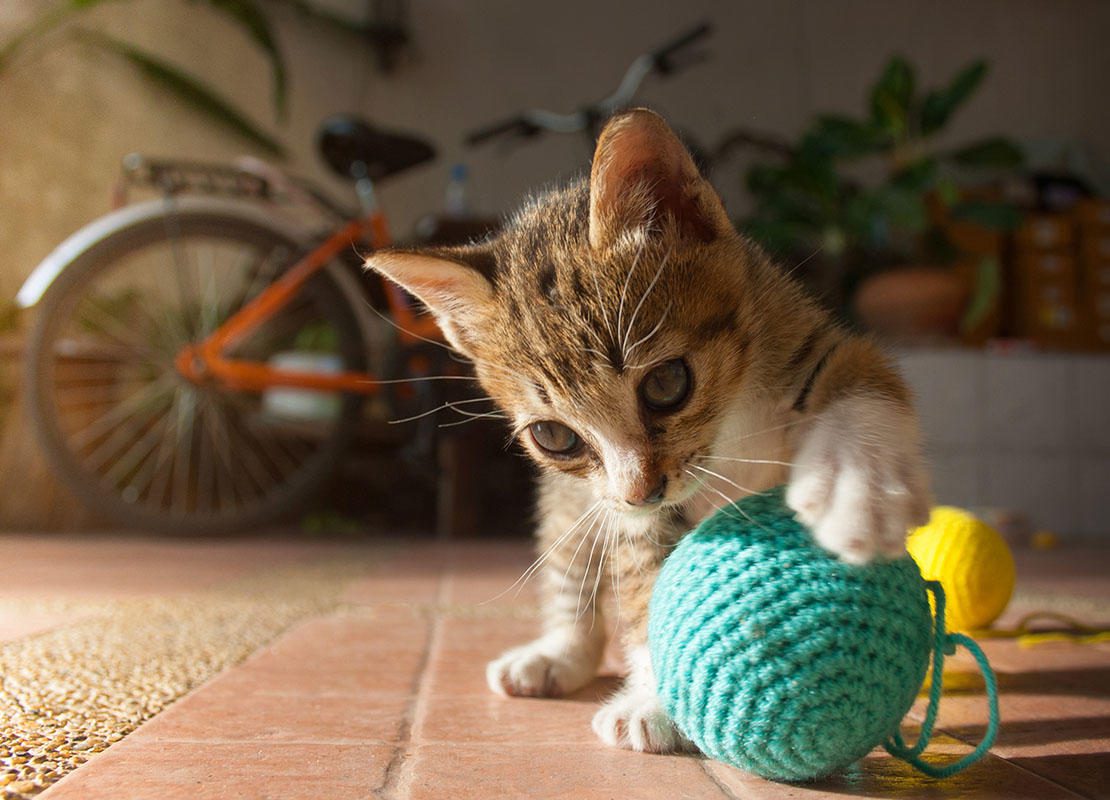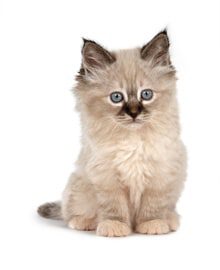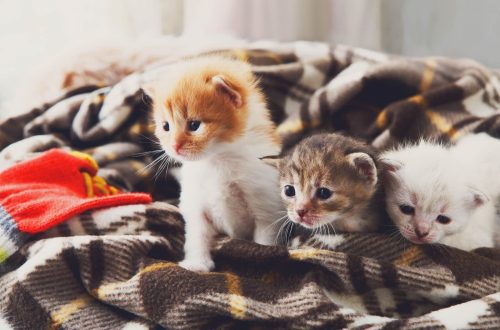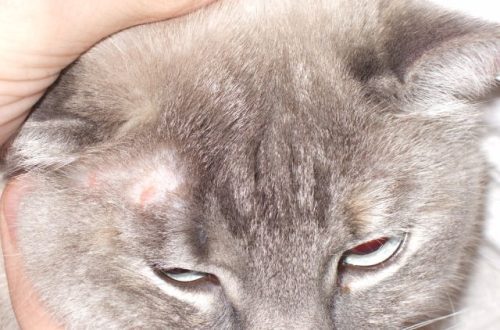
ظاهر یک بچه گربه در خانه

فهرست
Related Kitten Products
- Carrying. It is better to take it right away, taking into account that the kitten will grow up, and it will still come in handy for trips to the country and to the veterinarian.
- Slicker or comb. To comb out wool, you need to accustom a kitten from childhood.
- 2-3 bowls for food and water. Preferably shallow and stable – ceramic or metal, plastic is the least hygienic. You can buy a special mat for bowls to keep the floor clean.
- Tray and scoop.
- Tray filler.
- Toys. Rubber and fur mice, teasers on stacks, jingling balls, scratching balls.
- A scratching post. To accustom a kitten to a scratching post, it is worth showing it as early as possible.
- Nail cutter. Pay attention to the sharpening of the blades and the convenience of the handles. It is also necessary to accustom to cutting claws from childhood.
- Shampoo and hygiene products. Mild kitten shampoo, ear and eye cleansing lotions.
- Bed for cats. In the form of a soft house or a pillow with sides, perhaps even a play house complex with shelves and scratching posts.
When to adopt a kitten
The best age to purchase a kitten from a breeder is no earlier than 12 weeks old, already vaccinated and protected from infections. In addition, at this age, the kitten is most often already accustomed to the toilet on the example of a cat mother, can fully eat the offered food and is ready to meet people and animals.
Too early weaning from the mother is often not the best way to affect behavior and health. Immunity at an early age is not fully developed, and the lack of a full range of vaccinations increases the risk of disease. There are problems with nutrition and digestion, toilet training, hygiene – for example, the inability to wash themselves, and socialization – the kitten can grow up shy, non-contact, or vice versa – too dependent and intrusive.
If the kitten was picked up on the street, or taken unvaccinated from hands, you should immediately go to the veterinarian for an examination and scheduling of vaccinations.
چه چیزی را تغذیه کنیم
It is necessary to clarify with the previous owner what the kitten was fed, a sharp change in nutrition leads to problems with digestion, and take the same food, or ask the breeder for the first time. Later, you can gradually transition your kitten to another food of your choice.
With natural nutrition, the basis is lean meat (beef, lamb, rabbit, turkey), chicken / turkey offal. Milk is not recommended, dairy products 1-2 times a week (cottage cheese, kefir, fermented baked milk), eggs no more than 1 time per week.
About filler
The filler is not only interesting and pleasant for cats, but also convenient for the owners – it absorbs unpleasant odors and reduces the frequency of complete cleaning of the tray.
- woody. Compressed granules that disintegrate into sawdust when wet. Recommended for kittens.
- Mineral. They consist of natural clay, absorb odors and moisture well, can be absorbent and clumping. Suitable for kittens, but you need to make sure that the kitten does not eat the filler.
- Silica gel. Excellent retain odors and moisture, but not all cats like it. Not recommended for kittens as they tend to eat litter.
It is advisable to ask the breeder for some used filler, so the kitten in a new place will quickly understand where to go to the toilet. If you have problems with toilet training, you can use special sprays.
About the lotca
The tray should be stable, with moderately high sides, so that it is convenient for the kitten to climb in and settle down. You will also need a scoop for cleaning.
About vaccinations
If a kitten is purchased from a breeder, it is usually vaccinated and will only need an annual revaccination. The presence of vaccinations will be indicated in the veterinary passport.
The first complex vaccinations are given to the animal at the age of 8 weeks. Repeatedly – at 12 weeks + rabies vaccination. Then at 15 months and then annually the same vaccinations as at 12 weeks. Before vaccination, treatment against helminths is required.
About castration
If the purchased animal does not have breeding value, or there are already uncastrated cats of the opposite sex in the house, the kitten can be castrated. When buying from a nursery, the contract may contain a clause on mandatory castration if the animal has no value for the breed or has a marriage.
The best age for castration is 7-8 months, when the cat’s body is almost formed.
Instead of an epilogue
Any kitten has individual traits of character and behavior, you should pay attention to them and equip a comfortable space based on its needs and characteristics.
A healthy and happy cat will make your life brighter and more fun for years to come.





